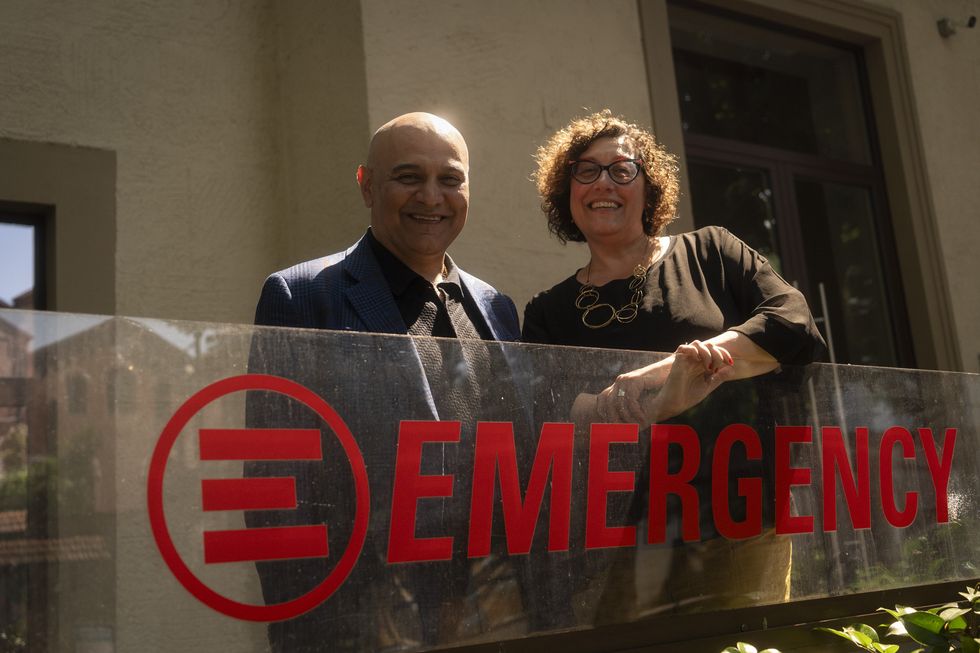INDIA and the European Union carried out their first joint naval exercise in the Gulf of Guinea this week, reflecting growing maritime security cooperation between the two sides.
The exercise took place on Tuesday (24), around three weeks after the EU-India Maritime Security Dialogue in Brussels deliberated on ways to expand cooperation in the maritime sphere. India’s defence ministry said the exercise reflected the EU-India cooperation on maritime security and signalled the common determination to uphold the United Nations Convention on Law of the Sea (UNCLOS).
It said the drills were aimed reinforcing naval maritime security cooperation in support of the region.
During the exercise, Indian Navy's INS Sumedha, an offshore patrol vessel, was joined by ships from three EU member states.
Italian Navy ship ITS Foscari, French Navy Ship FS Ventose and Spanish Navy Ship Tornado represented the EU.
"The four ships practised a series of tactical manoeuvres in international waters off the coast of Ghana, including a boarding exercise, a flying exercise using the helicopters embarked on French ship Ventose and Indian Naval ship Sumedha, and transfer of personnel between ships," the ministry said in a statement.
The exercise was followed by a knowledge sharing session in Accra, Ghana, which built on the joint experience at sea to improve operational know-how.
"The session also helped deepen ties between Ghanaian officials and representatives of the Indian, EU and EU member states missions to Ghana," the ministry said.
"These activities underlined the shared commitment of India and the EU to supporting coastal states and the Yaounde architecture in ensuring maritime security in the Gulf of Guinea," it said.
(PTI)
India, EU carry out joint naval drills in Gulf of Guinea
The exercise reflects the EU-India cooperation on maritime security: New Delhi

















 Dr Nik Kotecha OBE DL (L) with Rosella Miccio. (Photo: Davide Preti)
Dr Nik Kotecha OBE DL (L) with Rosella Miccio. (Photo: Davide Preti)

